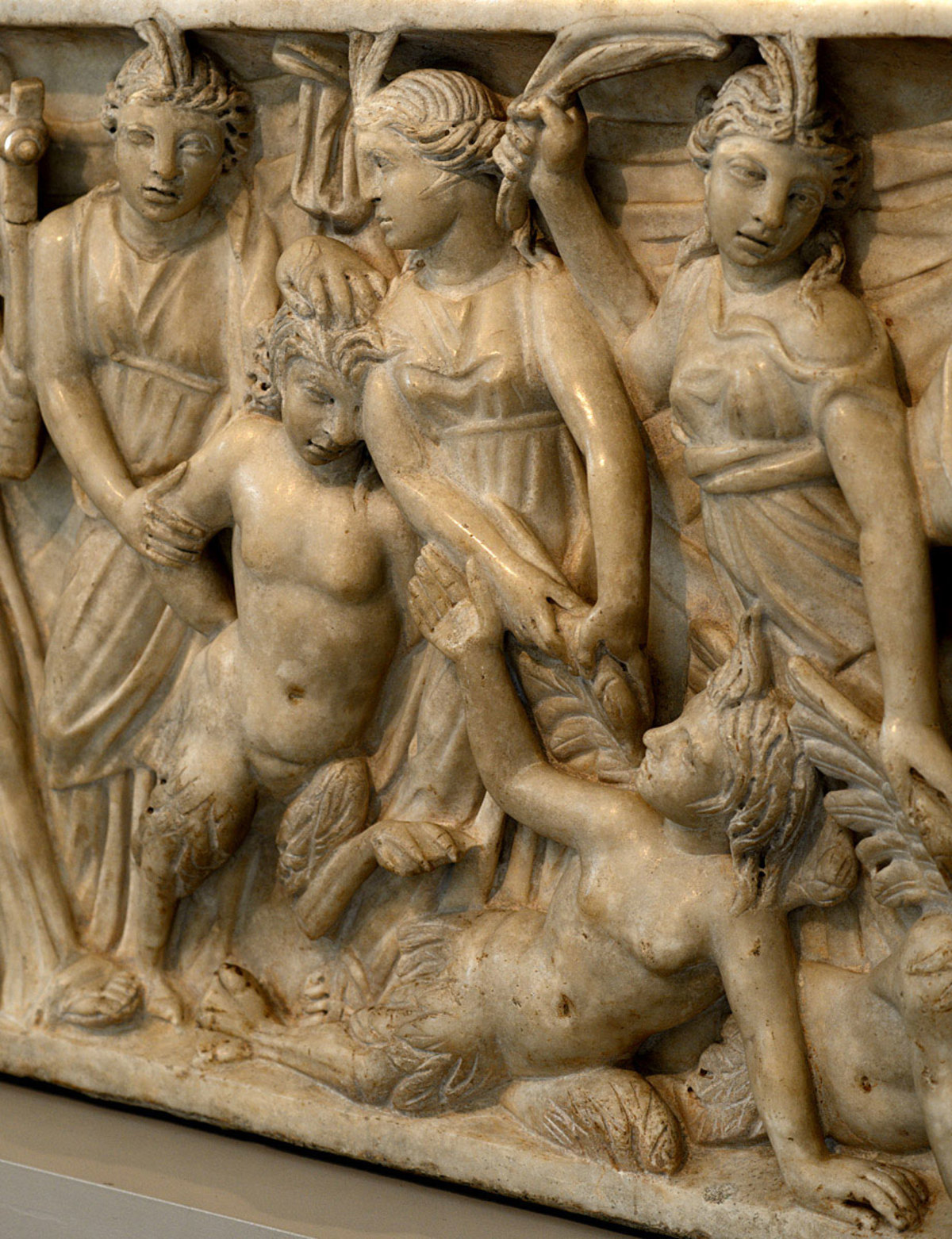
Strange sounds heard on the Camino a Ithaca, my next installment on the journey. Click over to the original here or the English version below.
I can’t breathe. Three words that make your blood run cold.
Three words that instinctively send your hands to your neck and force you to inhale
deeply. Three words that have brought out millions into dangerous pandemic
streets in protest. Three words that should never have been heard.
But they were.
The nearly 10 minute long video of a man kneeling on another
man’s neck while he pleadingly repeats these words is difficult to watch. It’s
a dark look into a place that provokes visceral fear in the viewer and a
chilling insight into what takes place when the discourse of ‘us vs. them’ is
institutionalised and one man can become ‘the other’.
What makes it so terrifying to me is not only the inherent
violence that it displays, but the seeming tranquillity that surrounds the
crime. It’s the apparent calm surrounding what from afar might seem like just
another ceremonial ritual that takes place all around the world. A scene where
dusty streets run red with the blood of sacrificial goats and lambs during
religious rights and festivals. The absolute horror comes when you realize that
it is not in fact a domestic animal being slaughtered, but a human being.
The additional surprise then comes when you become aware that
this isn’t taking place on the sand-swept streets of Jeddah or Khartoum. It is,
in fact, a brutal, racial crime being committed, in broad daylight, on a
commercial street in a mid-sized city that few would be able to place on a map
of the United States.
This is not ‘the other’ committing an act of such barbarism.
This is an agent of the law in the most influential and powerful nation on
earth. A police officer who does not see his victim as being like him, simply
due to a different quantity of melanin in his skin. It’s another chapter of the
historical abuse that has been amplified in Trump’s jingoistic vision of
America.
If indeed these recurring crimes took place on the streets of
Ankara or Tehran, we would be reading about ‘ethnic unrest’ and ‘brutal
repression’, while international leaders would be condemning the acts and
denouncing the leaders of the fragile state. Yet, until now we have only heard
mild voices of concern from EU leaders while glib totalitarian leaders from
China to Russia revel in that temporary absence of glare from the human rights
spotlight.
A wide ocean separates Spain and the United States and there
is an equal gap between the ways the countries view policing. In America the
police often view themselves as warriors in an ongoing battle against evildoers.
In today’s Spain the blue-shirts are thankfully a nightmare from the past and
the police are now viewed as guardians at best and ticket collectors at worst. Only
tin-foil hat wearing separatists would equate the disturbances in Catalonia
with the scenes seen in cities from New York to Los Angeles.
Oceans, however, can easily be crossed and the ‘us vs. them’
populism that helped make this crime possible thrives on fear. The doctrines of
nationalists like Trump are seductive to some and the facile scapegoat of the
‘other’ has, like the sirens, enchanted disaffected voters from Brasil to Budapest
to Warsaw. Given the chance to grow, who knows who will become the next
‘other’?




No comments:
Post a Comment